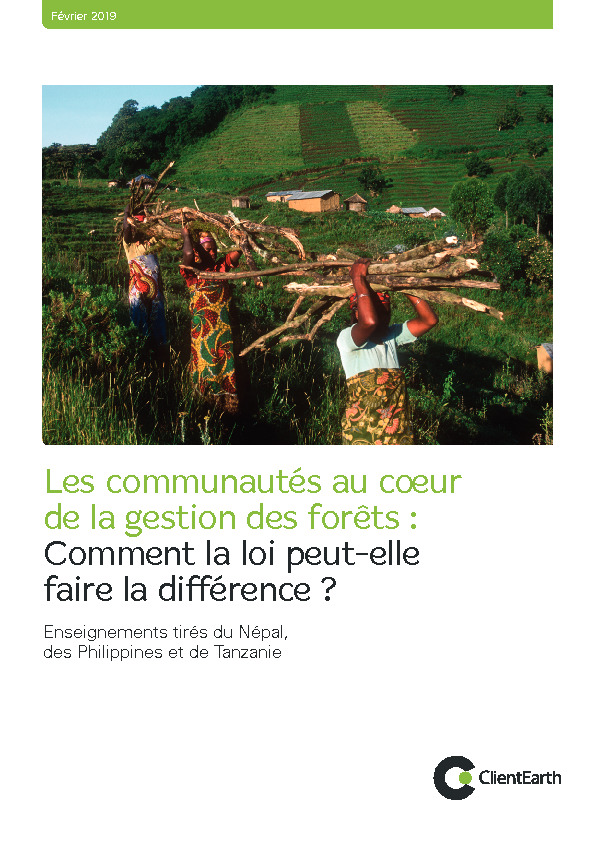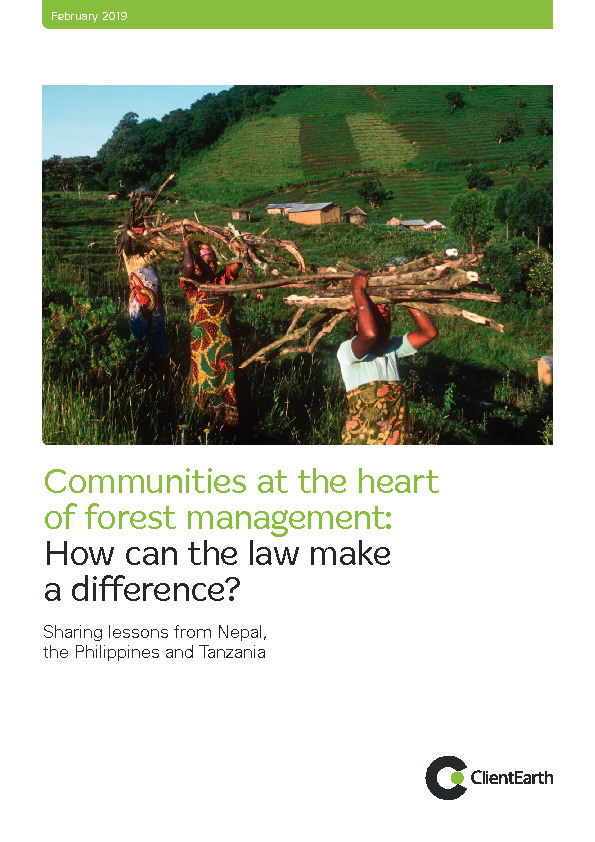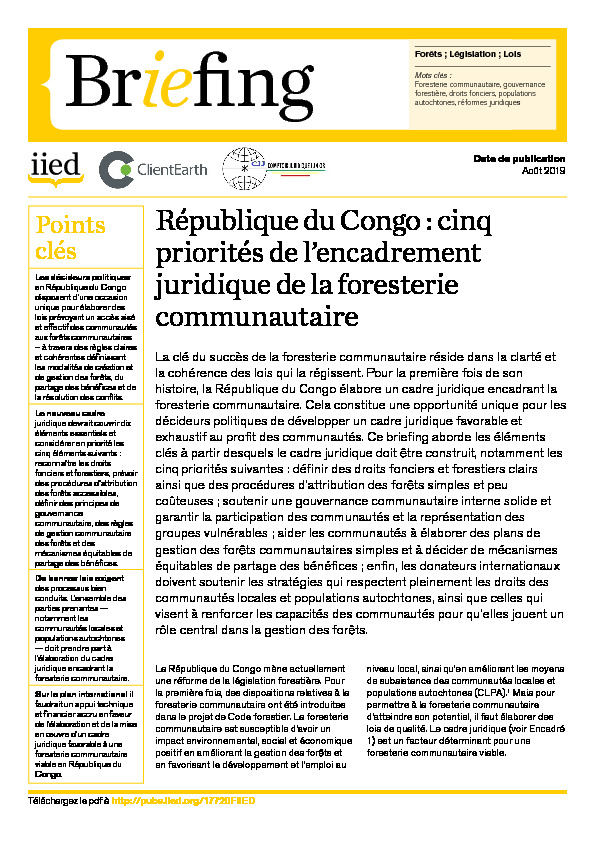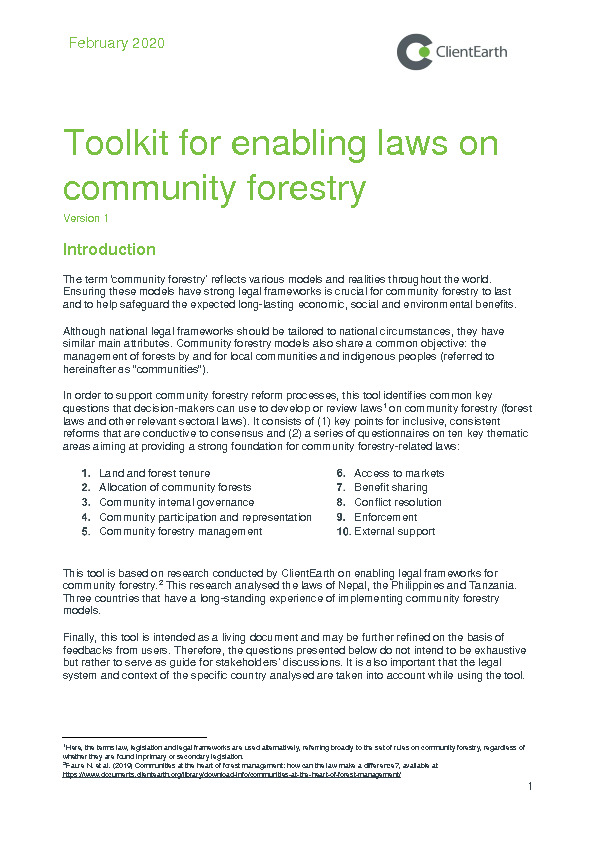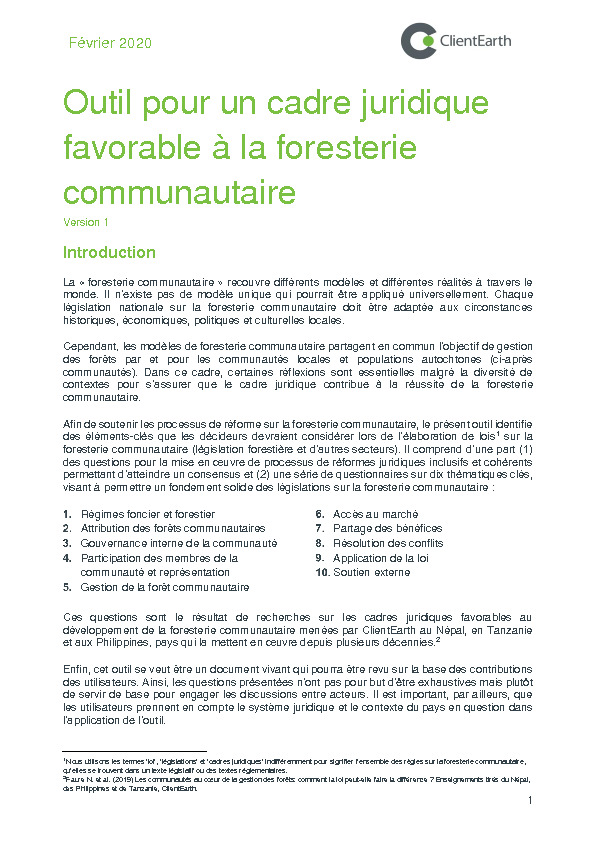From users to custodians: changing relations between people and the state in forest management in Tanzania
This paper begins by discussing Tanzania's increasing recognition of the need to bring individuals, local groups, and communities into the policy, planning, and management process if woodlands are to remain productive in the coming decades.The article finds that:central control of forests takes management responsibility away from the communities most dependent on them, inevitably resulting in tensionsTanzania has enthusiastically established community-owned and -managed forest reservesthe most successful initiatives involving communities and individuals have been those that moved away from


